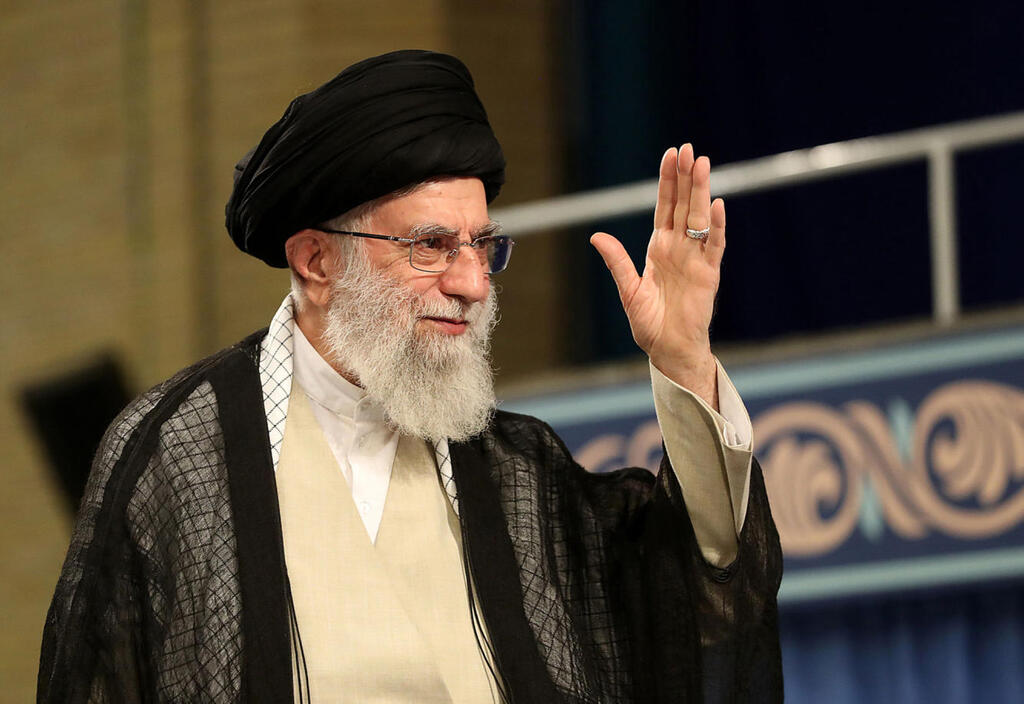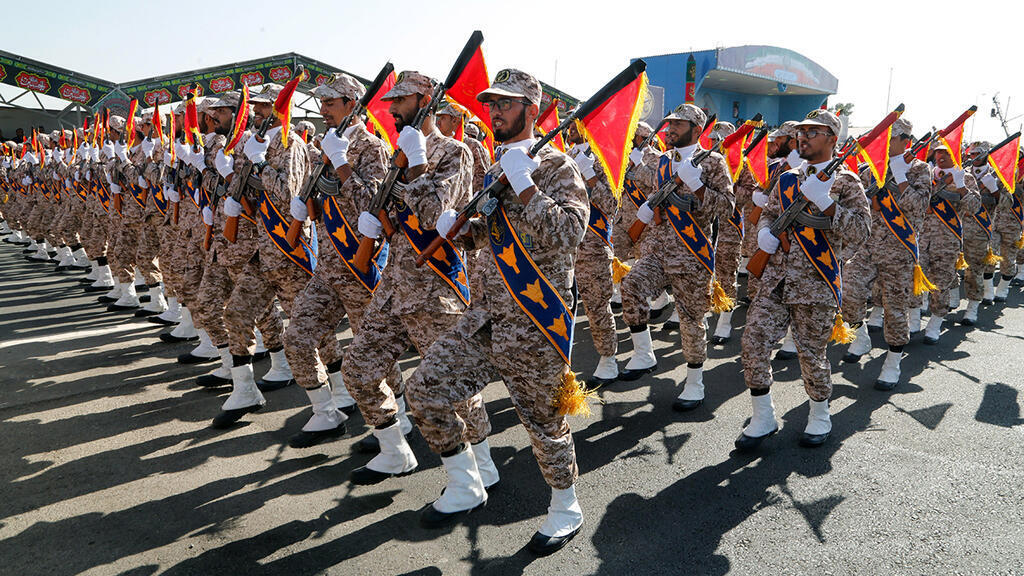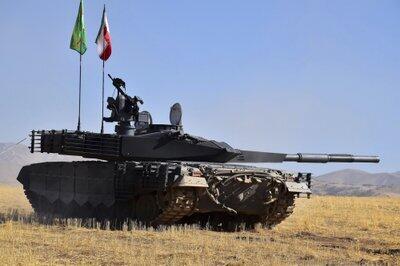The International Union of Muslim Scholars, based in the seemingly disparate cities of Dublin and Doha, issued a fatwa this week, explicitly calling on Muslims to engage in Jihad, ostensibly in the context of Israel's conflict with Hamas. At first glance, this may appear as yet another fervent appeal in the ongoing Israel-Palestine dispute—a region marred by political strife and violent confrontations. However, to limit our interpretation to this would be an exercise in intellectual and ethical myopia.
Read more:
If there's one thing that geopolitics never ceases to teach us, it's that alliances can form in the most unlikely of places. Conventional wisdom among analysts has often suggested that the ideological rift between the Shia school of thought, represented primarily by Iran, and the Sunni orientation of the Muslim Brotherhood would make these two entities unlikely partners. Yet, recent developments suggest a surprising rapprochement, a unification based on a common enemy—the Jew.
While they might differ on various aspects of theology and governance, Iran and the Muslim Brotherhood appear to have found common ground in their mutual antipathy toward Jews. When examined through this lens, the fatwa issued by the International Union of Muslim Scholars, which has ties to the Muslim Brotherhood, becomes all the more disturbing.
To fully comprehend the alarming implications of this fatwa it is essential to understand the broader and deeply ingrained animus that emanates from Iran. We're not dealing with isolated regional actors or lone-wolf agitators; we are contending with a well-resourced state apparatus that has made its genocidal intentions toward Jews abundantly clear.
The Islamic Republic of Iran has consistently called for the annihilation of Israel and the Jewish people, articulating these sentiments at the highest echelons of its government. Such declarations are not isolated to the domestic or regional spheres but extend to a wider context. They are embedded in an international strategy aimed at the destruction of Jews, irrespective of their location. Given this broader agenda, the recent fatwa can and should be interpreted as more than a regional call to arms; it may be seen as a chilling global mandate for the destruction of Jews wherever they reside.
If this scenario sounds too catastrophic to be true, consider the revelation last year by Britain's Minister of Security. He confirmed that Iran's Islamic Revolutionary Guard Corps (IRGC) had mapped out locations of the Jewish diaspora. This was not a mere academic exercise; the mapping was done with the explicit purpose of facilitating potential attacks on Jewish communities around the world. The objective is two-fold: to exert pressure on the State of Israel, and equally crucially, to force Western capitals into making concessions favorable to Iranian interests.
By mapping out the Jewish diaspora, Iran is laying the groundwork to export its long-standing policy of animosity toward Jews beyond its own borders and those of Israel. These are not just abstract threats; they are calculated measures that put Jewish communities at risk globally. By identifying these locations, Iran has signaled its willingness to take drastic steps, even at the expense of rupturing diplomatic norms and triggering potential conflicts.
What is at stake here isn't mere ideological posturing. We're confronting a potential realignment of extremist entities that, until recently, have been seen as fundamentally at odds. Their newfound alliance in hatred poses a palpable danger not just to Israel but to Jewish communities worldwide. If we fail to take seriously this seemingly unlikely union and its potential implications, we risk drastically underestimating the scale and reach of the threat.
The urgent question this raises isn't just how these two ideologically divergent groups have found a common cause, but what this means for our own ethical and geopolitical calculus. This is not a situation that can be ignored or downplayed. The implications of this ideological merger could be as broad as they are chilling. As such, it calls for an immediate reassessment of diplomatic relationships, alliances, and international counter-terrorism strategies.
Ignoring this alliance and the consolidated message of hatred it sends could be perilous. This isn't a matter for academic debate; it's a development that could transform the landscape of global terrorism and antisemitic attacks. The stakes are too high for complacency. Our response must be commensurate with the grave danger this alliance poses—anything less would be a grievous abdication of our moral and geopolitical responsibilities.
- Catherine Perez-Shakdam is director of Forward Strategy Ltd and research fellow at ACLS
First published: 21:58, 11.02.23




